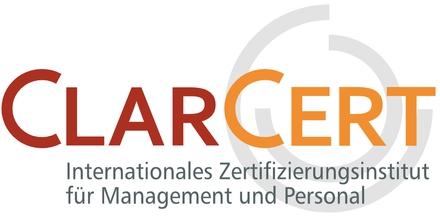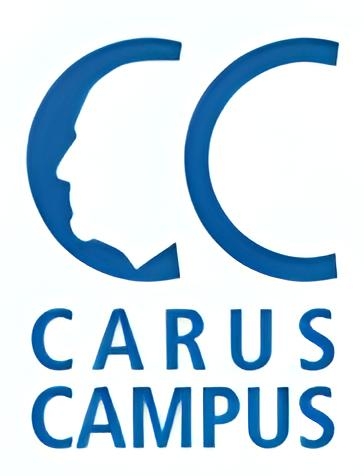Overview
Size & Capacity
Large, 1,300 beds
Clinic type
General
Type of care
Inpatient, Outpatient
Age group
Kids, Adults
3.6 on Google
The data collected based on 891 patient reviews on Google
Certificates
Features & Facts
About the clinic
Primary focus
Departments & Doctors
Gallery
Extra services
Location
Fetscherstraße 74, 01307 Dresden, Germany
FAQ
Is it possible to have cochlear implantation at University Hospital Dresden?
The clinic includes a dedicated cochlear implant center where a joint team treats patients from pre-implantation examinations to aftercare. As a result, patients benefit from the experience of surgeons and the use of the latest surgical techniques in Europe's most modern operating rooms.
Why is the clinic the best for the treatment of prostate cancer?
The medical center offers radical and partial prostatectomy as a curative operation for prostate cancer through minimally invasive robotic surgery. In addition, doctors offer effective focal therapy and the HIFU procedure for low-risk prostate cancer patients to reduce extreme traumatization.
Does the hospital have options for robotic surgery?
Since 2006, the clinic has been using the most modern methods of surgery, particularly the DaVinci robot, thanks to which doctors perform highly complex surgical interventions in visceral surgery, urology, transplantation, and oncology with a low level of complications through minor incisions in the skin.
Get individual treatment plan and cost estimate. Non-binding 100% free assessment.
© University Hospital Carl Gustav Carus Dresden













































